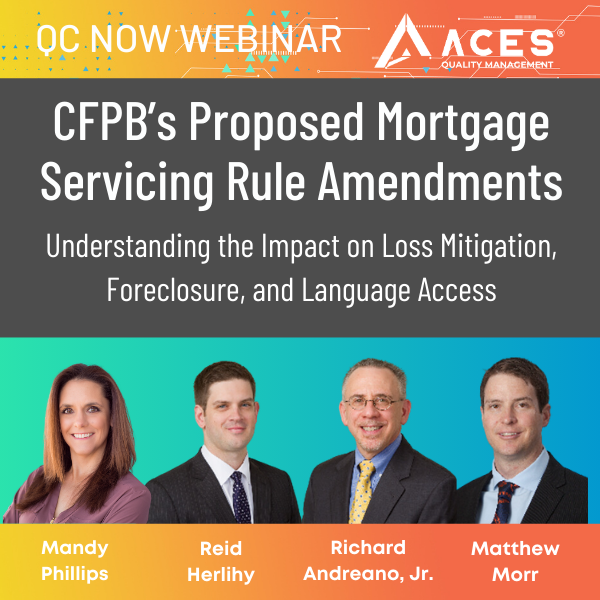Public Chapter 931 of the 110th General Assembly created the Online Notary Public Act, which established a remote online notarization process. This process allows the notarization of documents through a remotely conducted online process. This Act also requires that the Department of State establish a process for commissioning Online Notaries Public. Pursuant to this public chapter, the Online Notary Public Act shall take effect for administrative and rule making purposes upon execution and on July 1, 2019 for all other purposes.
The Online Notary Public Act represents a new model for notarization, which has been enacted in very few other states, and has required the development of process and security standards, as well as extensive input from outside stakeholders. Because of this, there has not been sufficient time to promulgate non-emergency rules prior to July 1, 2019 and emergency rules are necessary to ensure that the required framework for this process is in place prior to July 1, 2019. The Department of State intends to promulgate (either by publication or by rulemaking) non-emergency rules as soon as is practicable to replace the emergency rules.




